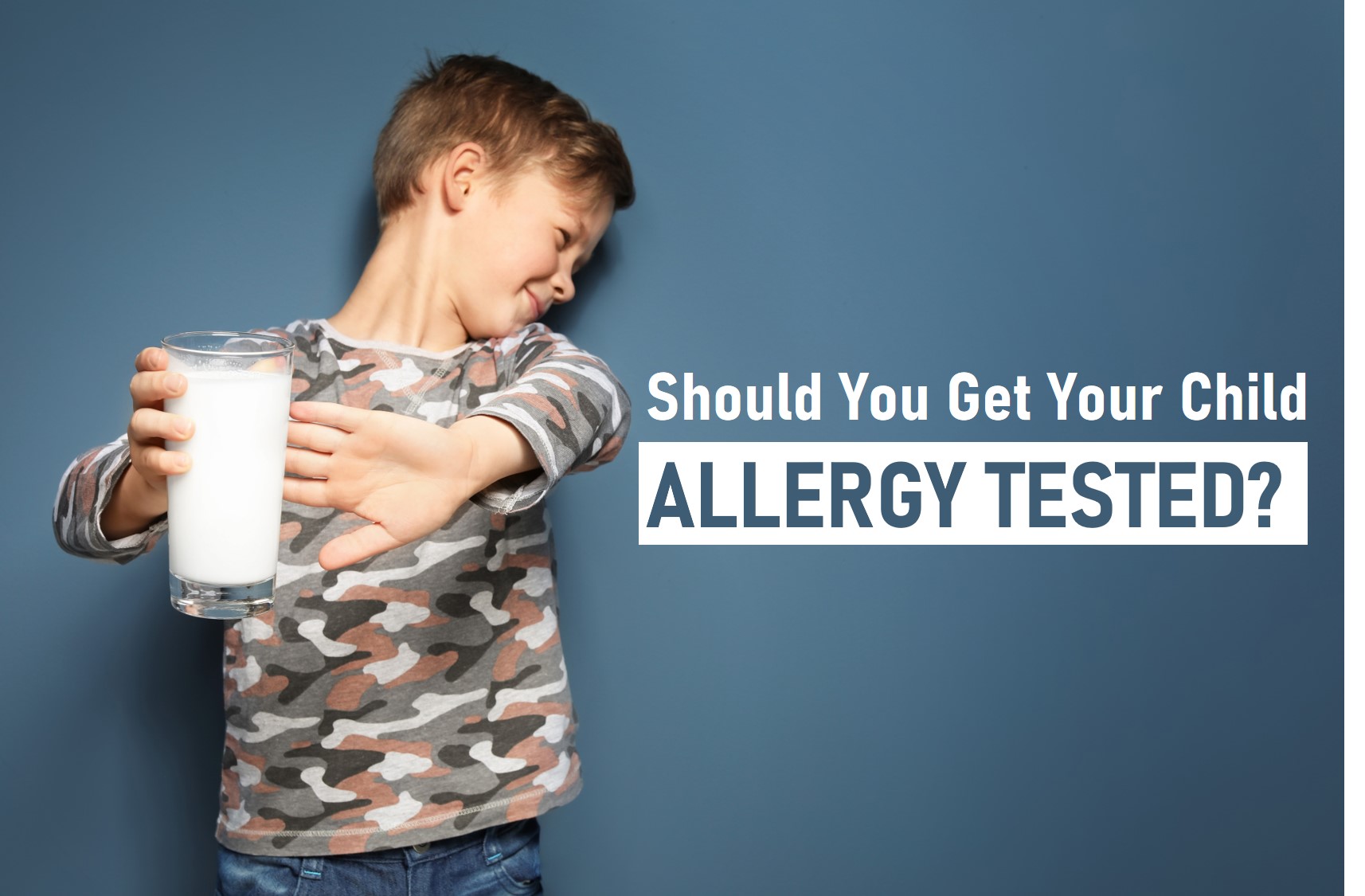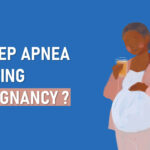- Swastik Clinic, Ahmedabad, GJ, IND
- Call: 8849867169 (For Appointment)
- Mon - Sat: 10 AM - 08 PM
- Sun: Only Emergencies
Should You Get Your Child Allergy Tested?

Should You Get Your Child Allergy Tested?
Children can develop allergies at any age. The sooner these allergies are identified, the sooner they can be treated, minimizing the symptoms and improving quality of life.
If your child cough or sneezes a lot, frequent rashes or have stomach aches after eating certain foods, it could be allergies.
As said children can develop allergies at any age, although the tendency to develop allergies often runs in families. Your child may also be more likely to have allergies if he/she has persistent asthma, frequent ear infections and eczema.
Children can be allergic to many things such as medicines, insect bites, certain chemicals (e.g. perfumes), airborne irritants (e.g. pollen, dust mites) or to certain foods (e.g. milk, eggs, fish, peanut, wheat). But how can you tell if it is allergy or something else? There are few symptoms of allergy in kids such as:
- Trouble breathing, wheezing (asthma)
- Sneezing, coughing, runny nose
- Itchy, watery eyes, itchy nose/throat
- Hives, skin rashes (eczema)
- Swelling
- Hoarseness
- Throat tightness
- Stomach upset, vomiting, diarrhea
When to undertake allergy test for children
If your child has any of the above-mentioned symptoms and they keep recurring, consult with allergy specialist. Allergies are common in infants and children, and can interfere with:
- sleep
- school attendance
- diet
- overall health
A visit to the allergist usually includes a medical and family history, physical exam and allergy sensitivity testing in the form of:
Skin test: A diluted allergen is applied using a small, disposable plastic device to prick the surface of your skin. Using a small and very thin needle, a diluted allergen is injected just below the skin surface. The area of the skin is observed for about 15 minutes to see if a reaction develops.
Know more about “Skin Prick Allergy Testing”
Blood test: Used when skin tests are hard to administer (e.g., for kids who take certain medicines).
Food test: Used for kids with suspected food allergies. An allergist may give specific doses of food in a controlled environment to assess reactions.
What comes next?
If it’s determined that your child has one or more allergies, the doctor will recommend a treatment plan. The specific plan can vary depending on the kind of allergy, but can include prescription or over-the-counter medications, allergy shots, or avoiding irritants, allergens, or foods.
Your allergy specialist will guide you if there are certain things your child should avoid and how to treat reactions if your child mistakenly comes into contact with the allergen.
Still got queries about allergy with your child? Contact allergy specialist in Ahmedabad or directly call us.
Recent Posts
Archives
- April 2022
- January 2022
- December 2021
- November 2021
- August 2021
- July 2021
- June 2021
- May 2021
- April 2021
- March 2021
- February 2021
- January 2021
- December 2020
- November 2020
- October 2020
- September 2020
- August 2020
- July 2020
- June 2020
- May 2020
- April 2020
- March 2020
- February 2020
- January 2020
- December 2019
- November 2019
- October 2019
- September 2019
- August 2019
- July 2019
Categories
Recent Posts


I Got Covid-19 & Have Asthma – What Now?
09th Jan 2022
